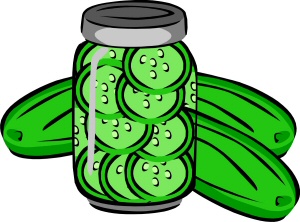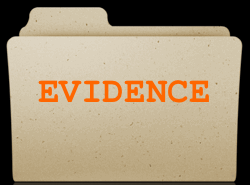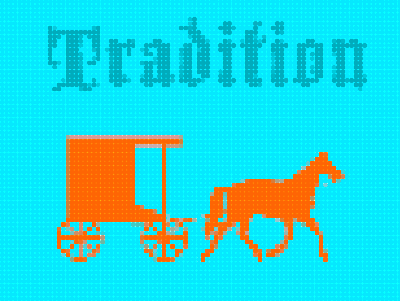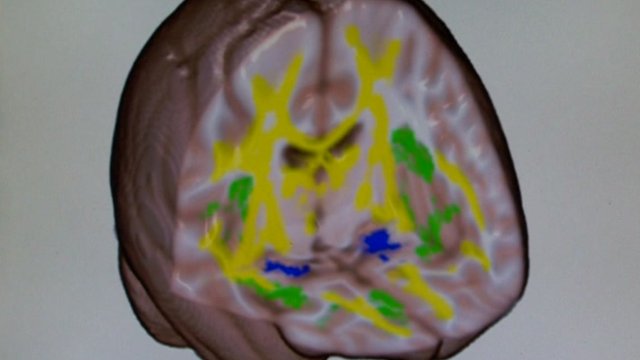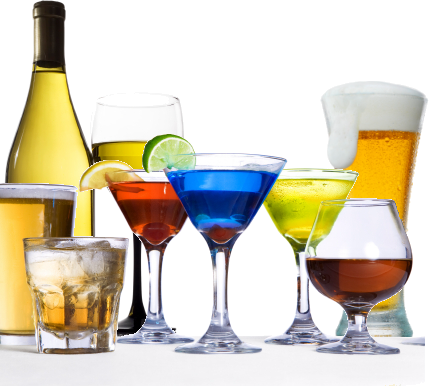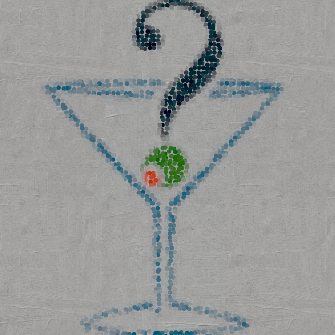A new study finds that 10% of americans “used to have a problem with drugs or alcohol, but no longer do.” But somehow, this finding gets distorted to support the recovery culture. See how OASAS and Drugfree.org pull the scam and twist the data.
Author: Steven Slate
Steven Slate has personally taught hundreds of people how to change their substance use habits through choice - while avoiding the harmful recovery culture and disease model of addiction.
Clean Slate Answers: Can An “Addict” Ever Become A Moderate User?
A reader asked “Do you think an addict can ever drink normally? Because if it is truly a choice, not a disease, someone who was addicted to any substance should be able to drink “normally” again. The choice-proponents never touch this subject.” Read on for the answer.
Letters: My Father Wouldn’t Allow Me To Go To Narcotics Anonymous
Jessie had a troubling crack and heroin habit. When she asked her father for help he told her she had the power to change and forbid her to go to Narcotics Anonymous meetings. She’s been clean for 2 years now.
Yes, Twelve Step Facilitation is An Evidence Based Treatment.
If Twelve Step Facilitation is an “Evidence Based Treatment”, then such terminology is meaningless. The studies used by SAMHSA to classify TSF as EBT have also shown that the method is no more effective than “no-treatment.”
Sleazy Tactics Used To Full Dramatic Effect in Kevin McCauley’s ‘Pleasure Unwoven’: The Choice Argument
Pleasure Unwoven is a slickly scripted and produced educational DVD presumably marketed to rehabs. I can picture a room full of rehab patients being forced to watch it right now – but hey, it’s probably better than watching videos of that priest with a chalkboard from Hazelden. I’ve digressed though – the website for Pleasure… Continue reading Sleazy Tactics Used To Full Dramatic Effect in Kevin McCauley’s ‘Pleasure Unwoven’: The Choice Argument
Logical Fallacies In The Addiction Debate: #7 Appeal To Tradition and #8 Appeal To Common Practice
Traditions and common practices can be persuasive, but popularity of a given practice or view simply doesn’t prove it to be correct.
What Impulse? Dissenting Opinions On The Latest “Smoking Gun” In The Disease Debate
The latest addiction research is focused on the wrong thing – impulse control – the art of changing an addiction is not a process resisting impulses, it’s a process of doing away with such impulses.
Alcoholics Anonymous Leads to Increased Binge Drinking – Brandsma Study
A study showed that alcoholic men who went to Alcoholics Anonymous became 9 times more likely to subsequently “binge drink” than those who used a cognitive behavioral approach. What’s more, they were also 5 times more likely to binge than a control group who received no help with drinking. The take-home message here is: you’re… Continue reading Alcoholics Anonymous Leads to Increased Binge Drinking – Brandsma Study
Dr David Hanson on Alcohol Problems & Solutions
Listen to Kenneth Anderson of the HAMS Harm Reduction Network interview Dr David Hanson.
Logical Fallacies In The Addiction Debate: #5 Appeal To The Masses and #6 The Bandwagon Fallacy
Argumentum Ad Populum An Appeal To The Masses is one of the laziest, weak minded, and philosophically revealing fallacies one can engage in. In short, this is the form of such an argument: Conclusion X is true because everyone (or a majority of people) believes it. That’s all there is to it. It simply… Continue reading Logical Fallacies In The Addiction Debate: #5 Appeal To The Masses and #6 The Bandwagon Fallacy

